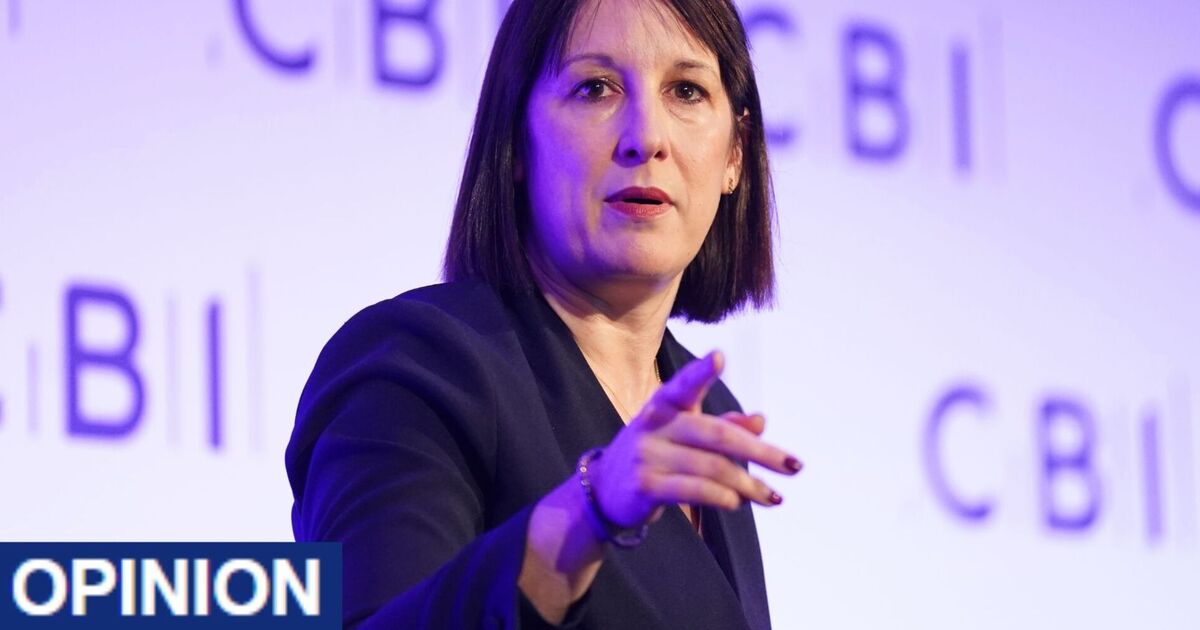
Higher taxes, fewer job opportunities, and a higher cost of living: the consequences of the Government’s October Budget have been widely documented, with business confidence plummeting to the lowest level since the pandemic.
Now, there are concerns that the Budget will also slow down the rate at which interest rates will fall, impacting millions of mortgage holders across the country.
This is a view that is held by the Organisation for Economic Cooperation and Development (OECD). They have said that interest rates will fall by less than expected over the next two years, directly as a result of the Autumn Budget’s spending and borrowing plans.
They have also said that the measures are likely to push UK inflation, meaning that prices will rise at a faster rate than other major economies.
This is not just a view held by the OECD, but also the Government’s own independent fiscal watchdog, the Office for Budget Responsibility (OBR).
Acknowledging the additional borrowing in Rachel Reeves’ Budget, the OBR’s latest forecast has now led to higher expectations for interest rates to remain elevated for a longer period than was predicted before the budget.
Andrew Bailey, the Governor of the Bank of England, has said that the biggest issue is how businesses respond to the change in employer National Insurance contributions.
Businesses have been forced to bear the brunt of these additional taxes, but exactly where the additional money comes from (higher prices, lower wages, and less employment) will impact these decisions.
Ultimately, the tax hikes in the Autumn Budget are hammering business confidence and economic growth. The impact on the cost of borrowing is just one of the many repercussions.
Reem Ibrahim is the Linda Whetstone Scholar and Communications Manager at the Institute of Economic Affairs


















